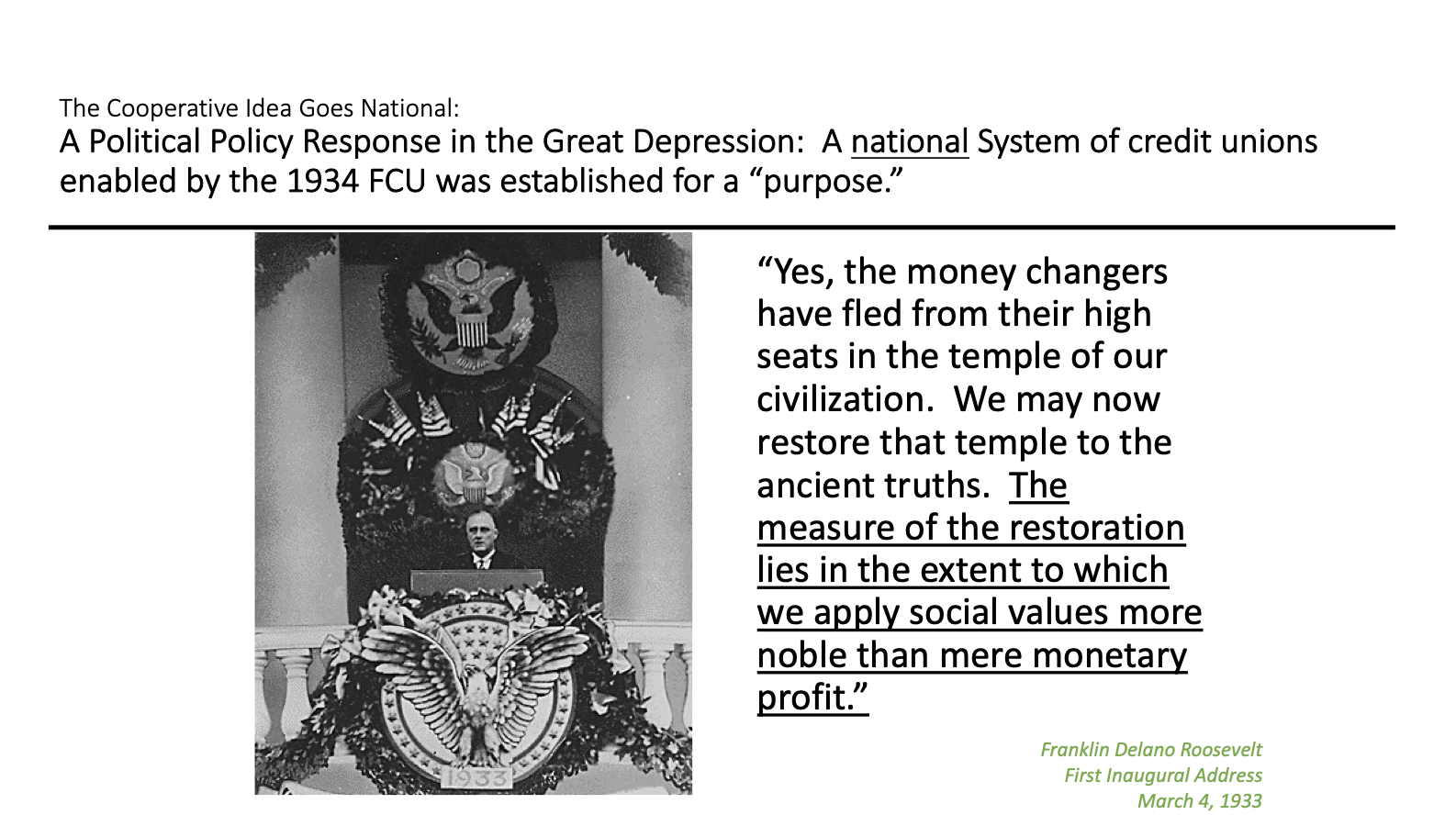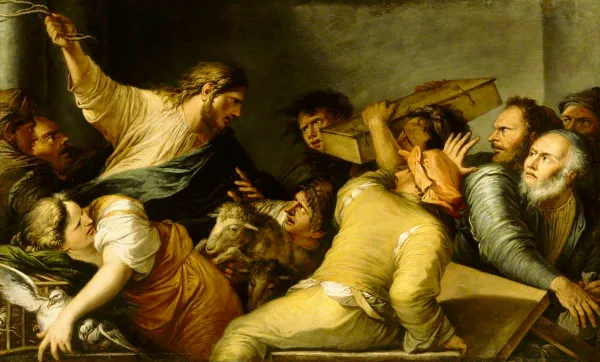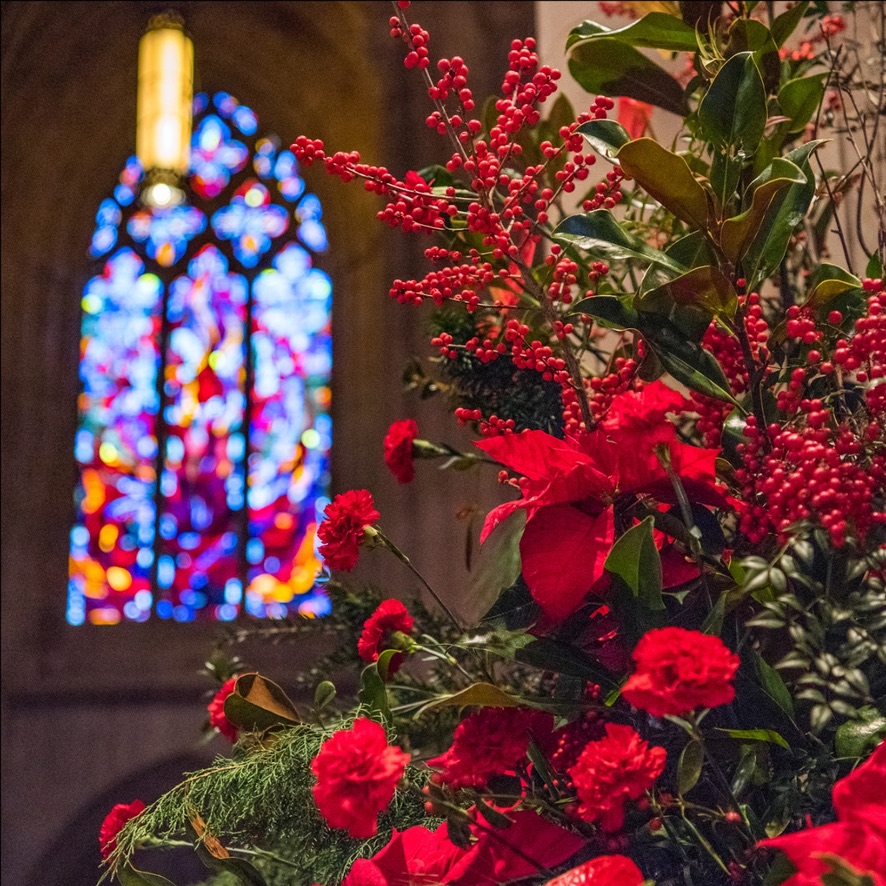The Poetic
A teenager’s college essay on the value and difficulty of alternative ways of seeing the world from the Free Press:
“In another scene from The History Boys, one English schoolboy preparing for Oxbridge entrance exams, Timms, asks Hector why they are reading the poetry of A. E. Housman instead of doing something “practical.”
Timms: I don’t always understand poetry!
Hector: You don’t always understand it? Timms, I never understand it. But learn it now, know it now, and you will understand it. . . whenever.
Timms: I don’t see how we can understand it. Most of the stuff poetry’s about hasn’t happened to us yet.
Hector: But it will, Timms. It will. And then you will have the antidote ready!
Like Timms, I sometimes don’t understand what I’m learning or memorizing when I study poetry, but I believe Hector when he says it prepares us for the very real events of the world—going to war, falling in love, falling out of love, making a friend, losing a friend, having a child, losing a child.
Understanding ancient authors as they understood themselves is the surest means of finding alternatives to our current way of seeing the world.”
The Pragmatic
From Jake Meador’s essay, The Misunderstood Reason Why Millions of Americans Stopped Going to Church:
“Contemporary America simply isn’t set up to promote mutuality, care, or common life. Rather, it is designed to maximize individual accomplishment as defined by professional and financial success.
Such a system leaves precious little time or energy for forms of community that don’t contribute to one’s own professional life or, as one ages, the professional prospects of one’s children. Workism reigns in America, and because of it, community in America, religious community included, is a math problem that doesn’t add up.”




